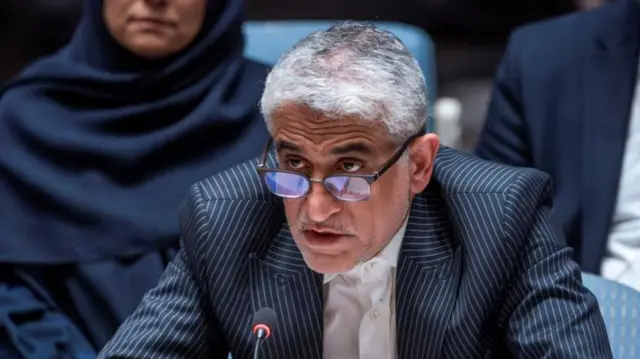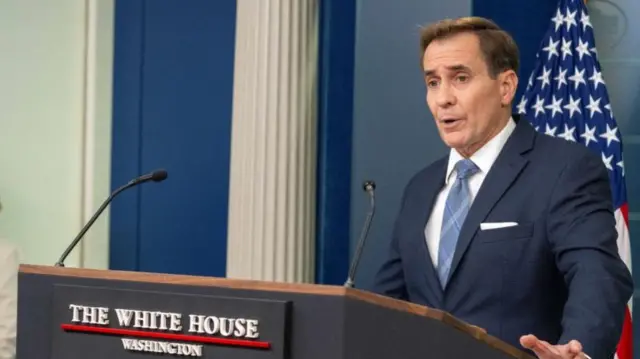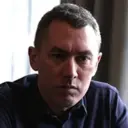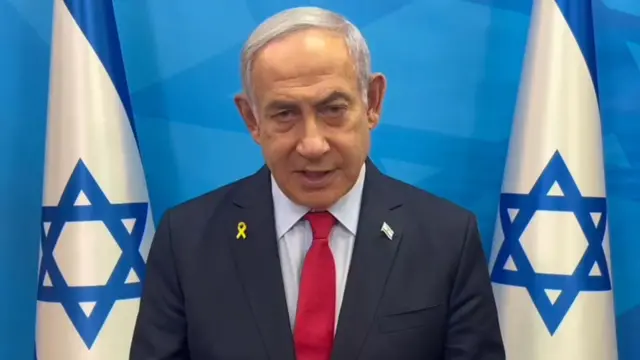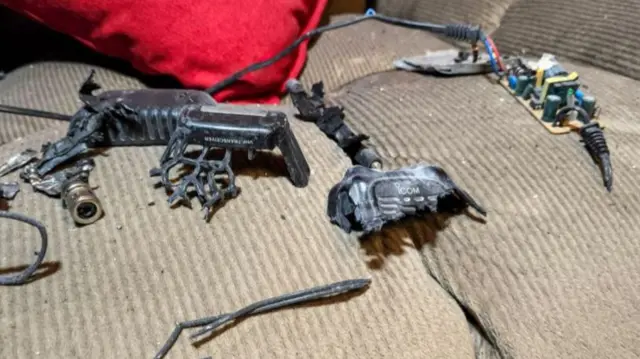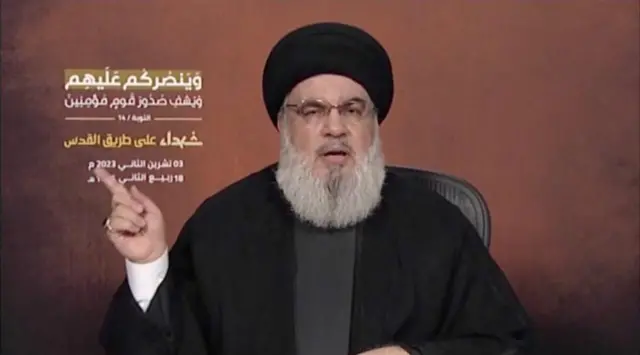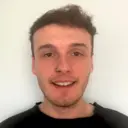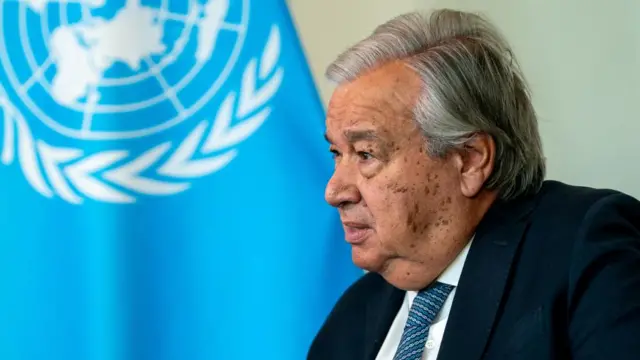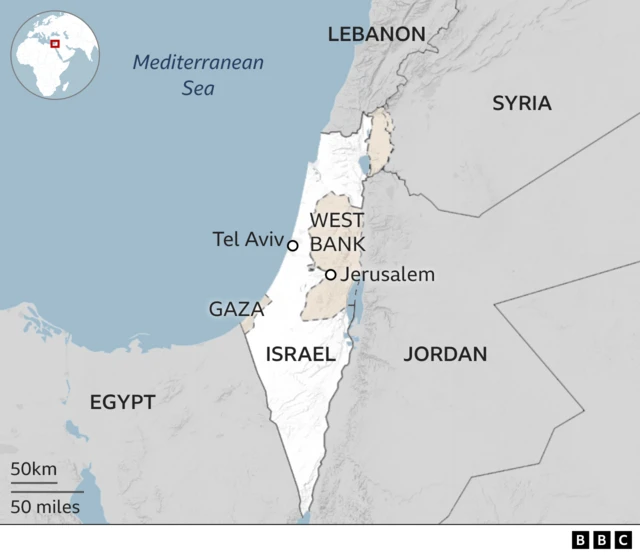Lebanese army carry out controlled explosion of walkie-talkiepublished at 22:40 BST 18 September 2024
We're seeing new images from inside Lebanon's capital Beirut.
Military personnel are pictured moments after what photographers at the scene describe as a controlled explosion of a walkie-talkie in the car park of the American University of Beirut Medical Center.
Take a look:
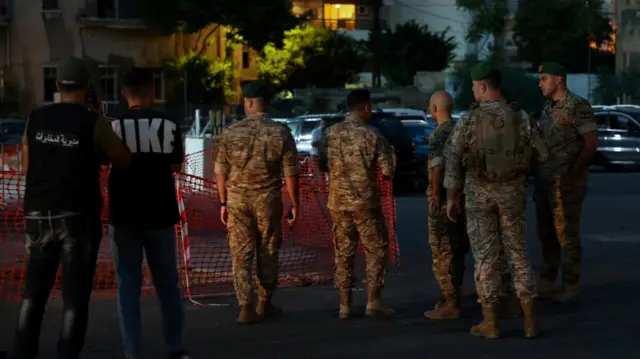 Image source, Reuters
Image source, ReutersLebanese soldiers cordon off the area before blowing up the device
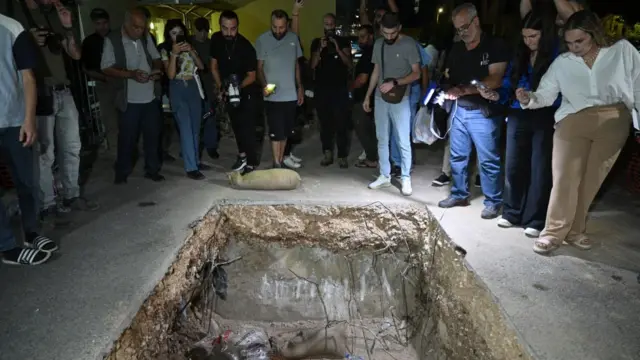 Image source, EPA
Image source, EPAPeople approach and take pictures after the controlled blast
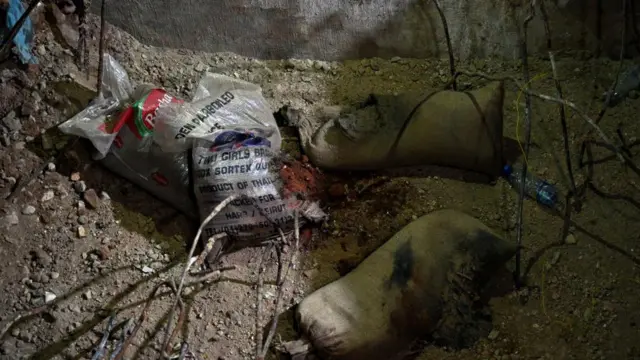 Image source, EPA
Image source, EPAThe debris left afterwards
